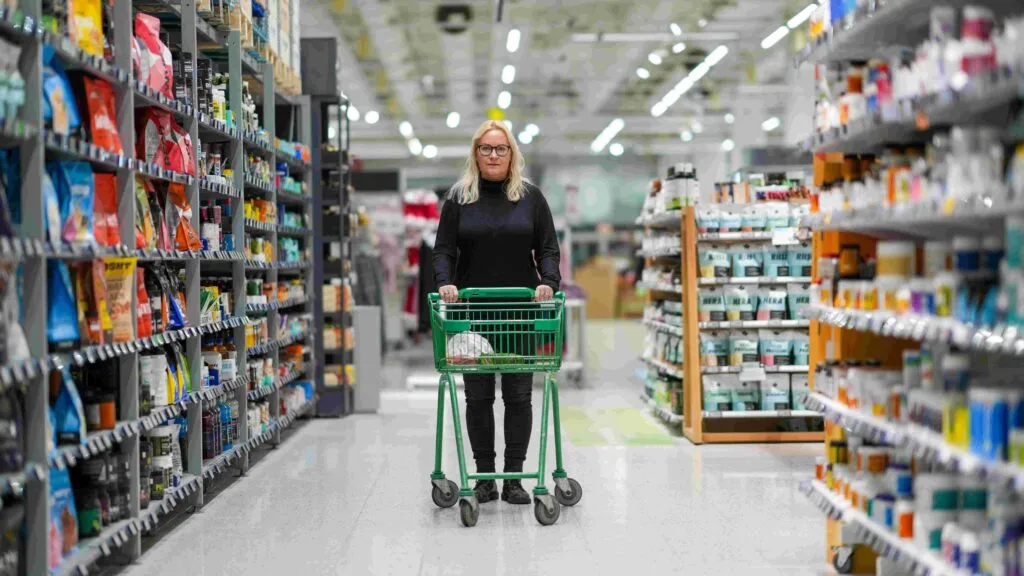RELEX Study: 60% of Companies Overhauling Supply Chains as Tariff Uncertainty and Market Volatility Surge
Feb 11, 2025 • 2 minThe second annual State of Supply Chain Report finds companies doubling down on supply chain resilience, automation, and supplier diversification to counter rising trade complexities
As global trade policies grow more unpredictable and economic uncertainty intensifies, businesses are under pressure to rethink how they source, stock, and move goods. The second annual State of Supply Chain report from RELEX Solutions and Researchscape finds that 60% of companies aren’t just investing in technology — they’re fundamentally restructuring their supply chains to stay ahead of economic uncertainty.

The study, based on insights from 579 retail, consumer packaged goods (CPG), and wholesale professionals across seven countries, paints a picture of growing instability. Companies are grappling with unpredictable consumer demand, escalating trade tensions, and unreliable supplier networks. More than half (52%) say demand volatility is their biggest challenge, forcing these leaders to rethink inventory strategies in real time as shifting spending habits disrupt supply chains. Meanwhile, 47% of businesses point to global trade disruptions and rising tariffs as a growing threat, with tariff volatility fueling concerns over higher costs and sourcing bottlenecks and 43% struggle with a lack of real-time data and visibility, making it harder to adapt to sudden shifts in demand, labor shortages, and transportation delays.
To counter these challenges, companies are making bold operational shifts. Many are expanding supplier networks, moving sourcing closer to home, and accelerating automation investments. Among retailers, 62% are addressing cost pressures through a combination of efficiency improvements and price adjustments, while 50% are actively broadening supplier bases to safeguard against economic and geopolitical instability.
“Supply chains are in a pressure cooker — between tariffs, demand shifts, and unpredictable disruptions, the outdated and traditional way of operating isn’t sustainable,” said Dr. Madhav Durbha, Group Vice President of CPG & Manufacturing at RELEX Solutions. “Companies that lean into AI, automation, and supplier diversification will not only weather this volatility but emerge stronger. The ones that don’t risk falling behind.”
The findings reflect a larger industry shift, as companies recognize that short-term fixes are no longer enough. Businesses are moving beyond crisis-driven decision-making and taking proactive steps to fortify their supply chains against the next wave of economic, regulatory, and geopolitical challenges.
Methodology
The full RELEX State of Supply Chain 2025 report, set for release in March, will provide deeper insights into the challenges, investment priorities, and strategies shaping supply chains over the next 3-5 years. The report was conducted by Researchscape, surveying 579 retail, CPG, and wholesale leaders globally in January 2025.
For more information about RELEX Solutions, visit https://relexsolutions.com